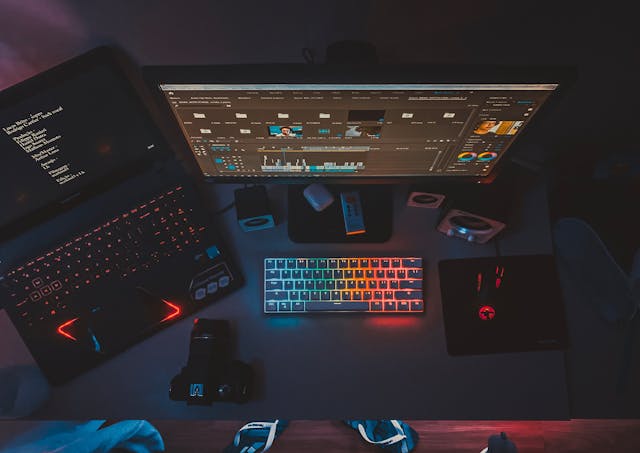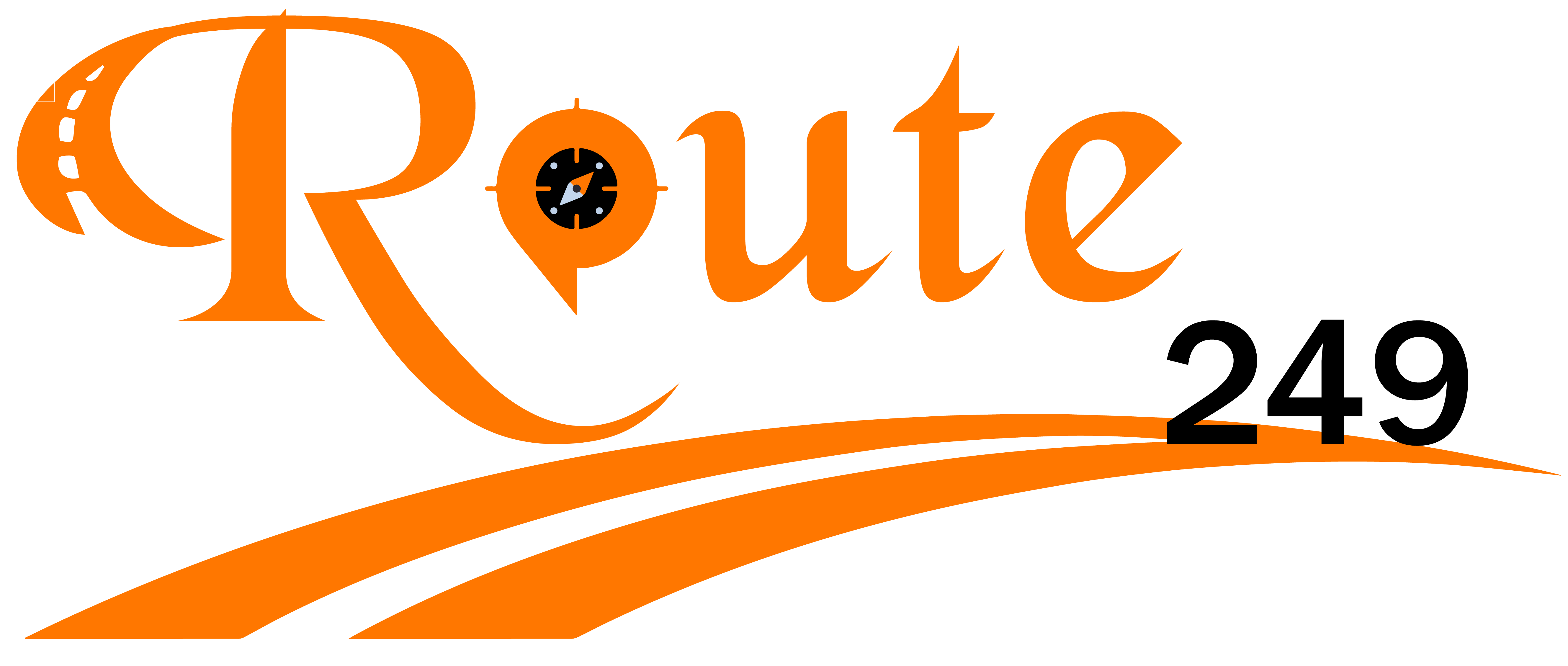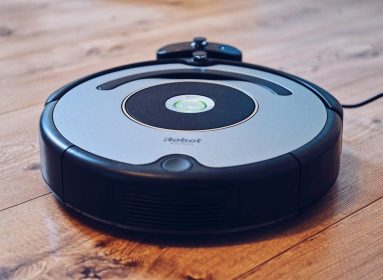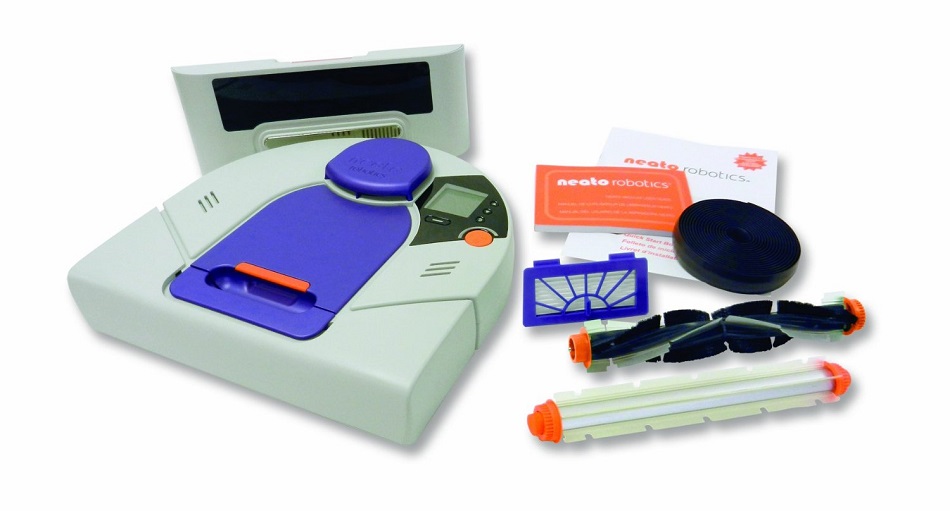
Computers are an essential part of modern life, but over time, they can start to slow down, becoming frustrating to use. Whether you’re dealing with sluggish boot times, lagging applications, or storage running low, a little optimization can go a long way. By keeping your PC in top shape, you can improve its speed, extend its lifespan, and reduce the chances of needing costly repairs.
In this guide, we’ll walk through practical tips to optimize your PC for maximum performance and ensure it runs efficiently for years to come.
Keep your software up to date
Outdated software can slow down your PC, create security vulnerabilities, and cause compatibility issues. Regular updates are crucial for maintaining a smooth-running system.
Updating your operating system ensures you have the latest security patches and performance improvements. Whether you’re using Windows, Linux, or another OS, enabling automatic updates can help keep your system secure and running efficiently. Hardware components like graphics cards, network adapters, and peripherals require driver updates to function optimally, so checking for updates from the manufacturer periodically is a good practice. Likewise, keeping applications up to date prevents crashes, speeds up performance, and ensures compatibility with other software. If updates seem to slow down your system temporarily, scheduling them for off-peak hours can help avoid interruptions while you work.
Manage startup programs
When you turn on your PC, several applications may start running in the background, significantly slowing down boot times. Managing these startup programs can make a noticeable difference in how quickly your system loads. Many programs automatically add themselves to the startup process, even if you rarely use them. Reducing startup clutter leads to faster boot times and a more responsive system.
To disable unnecessary startup programs, open Task Manager (Ctrl + Shift + Esc) on Windows or System Preferences on Mac. Navigate to the Startup tab (Windows) or Login Items (Mac), and disable programs that don’t need to launch at startup. This simple tweak can improve your PC’s responsiveness right from the moment you power it on.
Free up storage space
A full hard drive can significantly slow down your computer. Operating systems need free space to manage temporary files and memory allocation efficiently. To free up storage, start by deleting unnecessary files, such as old downloads, unused applications, and duplicate files. Emptying the recycle bin is another important step since deleted files remain there until permanently removed. Utilizing built-in disk cleanup tools can help eliminate temporary files and system cache that may be taking up valuable space. Additionally, if you have large files like videos or high-resolution photos, consider moving them to an external hard drive or cloud storage to free up internal storage and keep your system running smoothly.
Improve cooling and airflow
Overheating can cause your PC to slow down and even damage internal components over time. Proper cooling ensures your hardware performs at its best. Dust buildup inside your PC can lead to overheating, which in turn affects performance. Cleaning dust from vents, fans, and heat sinks using compressed air can help maintain good airflow. Keeping your PC in a well-ventilated area and ensuring that vents are not blocked also contributes to better cooling. If your computer tends to run hot, using additional cooling solutions such as a laptop cooling pad or extra case fans can help manage temperature effectively.
Optimize memory and CPU usage
Your computer’s performance is heavily influenced by how well memory (RAM) and the processor (CPU) are utilized. Keeping an eye on these resources can prevent slowdowns. If you often experience lag while multitasking, closing background applications can free up memory and CPU power. Browser tabs and extensions are also major culprits when it comes to consuming system resources, so keeping tabs to a minimum and disabling unnecessary extensions can help improve speed. If your PC frequently runs out of memory, upgrading your RAM can significantly improve performance, especially if you work with large files or resource-intensive programs.
Keep your PC protected from malware
Viruses and malware can significantly degrade your PC’s performance. They may run unwanted processes in the background, steal resources, and slow down applications. Installing a reputable antivirus program and keeping it up to date is essential for protecting your system. Avoiding suspicious links or downloading files from untrusted sources also reduces the risk of malware infections. Running regular security scans helps detect and remove threats before they cause serious problems. If your system has been infected and performance is suffering, professional repair may be needed to restore full functionality.
Upgrade to an SSD for faster performance
If you’re still using a traditional hard drive (HDD), upgrading to a solid-state drive (SSD) can make a dramatic difference in speed. SSDs have faster read and write speeds, leading to quicker boot times, faster file access, and improved overall system responsiveness. Unlike HDDs, SSDs do not require defragmentation, and doing so can actually reduce their lifespan. If an SSD upgrade isn’t an option, running disk defragmentation (for HDD users) can help improve performance by reorganizing fragmented files for faster access.
Manage power settings for better efficiency
Your computer’s power settings can impact performance, especially if it’s running on a low-power mode. Many laptops default to energy-saving settings to prolong battery life, but these settings can also throttle performance.
To adjust power settings on Windows:
- Go to Control Panel > Power Options.
- Select “High Performance” to ensure your system runs at full capability.
On Mac, adjusting Energy Saver settings under System Preferences can help manage performance based on your needs. While lower power settings are useful for extending battery life, switching to high-performance mode when plugged in allows you to take full advantage of your computer’s capabilities.
Clean your PC and keep it well-maintained
A neglected PC can accumulate dust, grime, and other debris, leading to overheating and hardware issues. Regular maintenance is key to keeping your device running smoothly. Wipe down the keyboard, screen, and external case to remove dust and fingerprints. Use compressed air to clear dust from internal components and fans. Keeping liquids away from your workspace prevents accidental spills that could cause irreversible damage. Handling your device carefully and avoiding unnecessary rough usage can extend its lifespan and reduce the chances of needing costly repairs.
Know when to seek repairs
Despite regular maintenance, computers can develop hardware issues over time. If you experience persistent slowdowns, unexpected crashes, or strange noises from your PC, it might be time to consult a professional repair service. Ignoring warning signs can lead to more significant problems and costly repairs – Asus laptop repair can get particularly challenging sometimes. Addressing minor issues early helps prevent major failures and ensures that your PC continues to function properly.
Conclusion
Keeping your PC optimized is all about regular maintenance, smart software management, and staying proactive with security. By implementing these tips, you can ensure your computer runs efficiently and remains in good condition for years to come. Whether you’re using your PC for work, gaming, or everyday tasks, taking the time to maintain it will save you from frustration and expensive repairs in the future. So start optimizing today and enjoy a faster, smoother computing experience!







